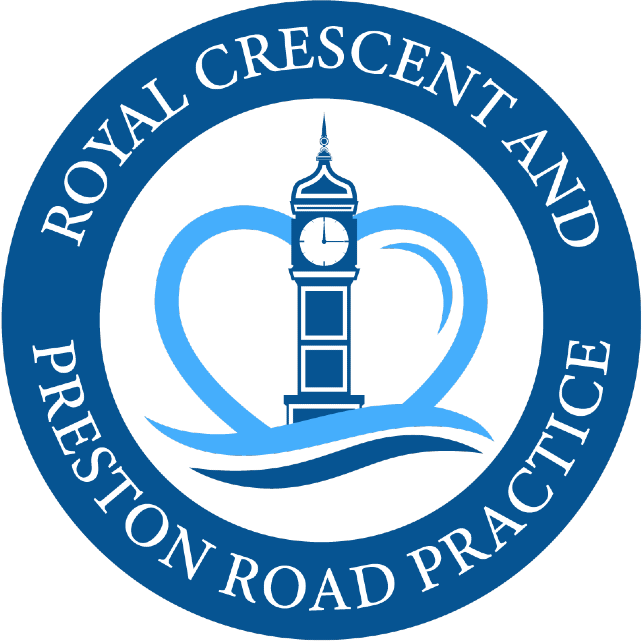We use cookies to help provide you with the best possible online experience.
By using this site, you agree that we may store and access cookies on your device. Cookie policy.
Cookie settings.
Functional Cookies
Functional Cookies are enabled by default at all times so that we can save your preferences for cookie settings and ensure site works and delivers best experience.
3rd Party Cookies
This website uses Google Analytics to collect anonymous information such as the number of visitors to the site, and the most popular pages.
Keeping this cookie enabled helps us to improve our website.
Royal Crescent and Preston Road Practice
FacebookDiazepam for fear of flying
People often come to us requesting that we prescribe diazepam for fear of flying or to assist with sleep during flights.
Following a review of our benzodiazepine prescribing, from the 1st of April 2024, we have introduced a new policy not to prescribe benzodiazepines or sedatives (eg diazepam) to patients for the purpose of fear of flying.
We are also not encouraging the use of diazepam for dental appointments, hospital scans or other procedures.

We are not unique in this, and many other GP practices have recently introduced similar policies. This policy decision has been made by the GP Partners and is adhered to by all prescribers working in the practice.
There are several significant reasons why we have taken this decision.
- Diazepam is a sedative. This means, the medication makes you sleepy and more relaxed. If there would be an emergency during the flight, this could impair your ability to concentrate, follow instructions, or react to the situation. This could seriously affect the safety of you and the people around you.
- The use of these drugs can make you sleep in an unnaturally deep, non-REM sleep. This means you won’t move around as much as during natural sleep, so you have a bigger risk of getting a blood clot (Deep Vein Thrombosis – DVT) in the leg or lungs. Blood clots are very dangerous and can kill. This risk is bigger if your flight is longer than 4 hours.
- The passenger cabin of commercial aeroplanes is usually pressurised to the same atmospheric conditions found at an altitude of 10,000 feet. As such, the effective oxygen level is only 14.3% compared to the 20.9% found at ground level. This difference may well be significant in the context of medications – such as benzodiazepines – that can cause respiratory depression.
- Although most people respond to benzodiazepines like Diazepam with sedation, a small proportion experiences the opposite effect and can become agitated and aggressive. They can also lead to disinhibition and make you behave in ways you normally wouldn’t. This could also impact on your safety and the safety of your fellow passengers or could lead you to get in trouble with the law.
- National prescribing guidelines followed by doctors also don’t allow the use of benzodiazepines in cases or phobia. Any doctor prescribing diazepam for a fear of flying would be taking a significant legal risk as this goes against these guidelines. Benzodiazepines are only licensed for short-term use in a crisis in generalised anxiety. If this is the problem you suffer with, you should seek proper care and support for your mental health, and it would not be advisable to go on a flight. Fear of flying in isolation is not a generalised anxiety disorder.
- They have short term bad effects on memory, co-ordination, concentration and reaction times, and are addictive if used for a long time, with withdrawal leading to fits, hallucinations, agitation and confusion. They have also become widely used drugs of abuse since they first came on the market. Diazepam in the UK is a controlled drug.
- There is evidence use of these drugs stops the normal adjustment response that would gradually lessen anxiety over time, and may increase anxiety in the long term, especially if used repeatedly.
- In several countries, diazepam and similar drugs are illegal. They would be confiscated, and you might find yourself in trouble with the police for being in control of an illegal substance.
- Diazepam has a long half-life. This means it stays in your system for a significant time and you may fail random drug testing if you are subjected to such testing as is required in some jobs or sports.
We appreciate a fear of flying is very real and very frightening and can be debilitating. However, there are much better and effective ways of tackling the problem.
Patients are asked not to make appointments for these types of requests as we will not prescribe diazepam. Please respect our receptionists when they explain this is practice policy, and why an appointment is not appropriate.
